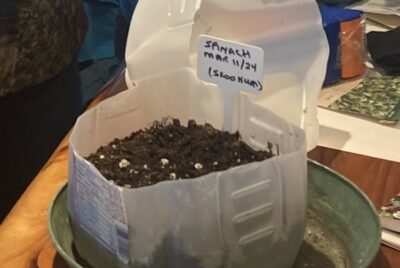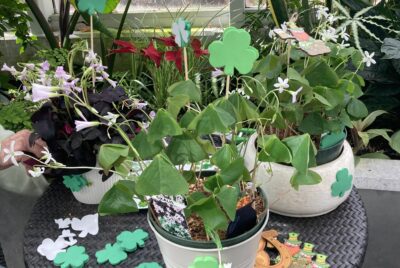RESEARCH
Forest and Wellbeing: Bridging Medical and Forest Research for Effective Forest-Based Initiatives
Summary
This study examined the effects of a 12-week horticultural therapy (HT) program on the psychological well-being of 41 older adults living in residential care facilities in South Korea. Participants were divided into an experimental group (n=20) who received the HT intervention and a control group (n=21) who continued their usual activities. The HT program consisted of weekly 60-minute sessions focusing on various plant-related activities such as planting, flower arrangement, and creating garden crafts.
The researchers used several standardized measures to assess outcomes, including the Geriatric Depression Scale Short Form Korean Version (GDSSF-K) for depression, the Rosenberg Self-Esteem Scale (RSES) for self-esteem, and the Life Satisfaction Index-A (LSI-A) for life satisfaction. Data were collected at baseline and post-intervention. Results showed significant improvements in the experimental group compared to the control group across all measures. The HT group experienced decreased depression scores and increased self-esteem and life satisfaction scores, while the control group showed no significant changes. These findings suggest that horticultural therapy can be an effective intervention for improving the psychological well-being of older adults in residential care settings.







